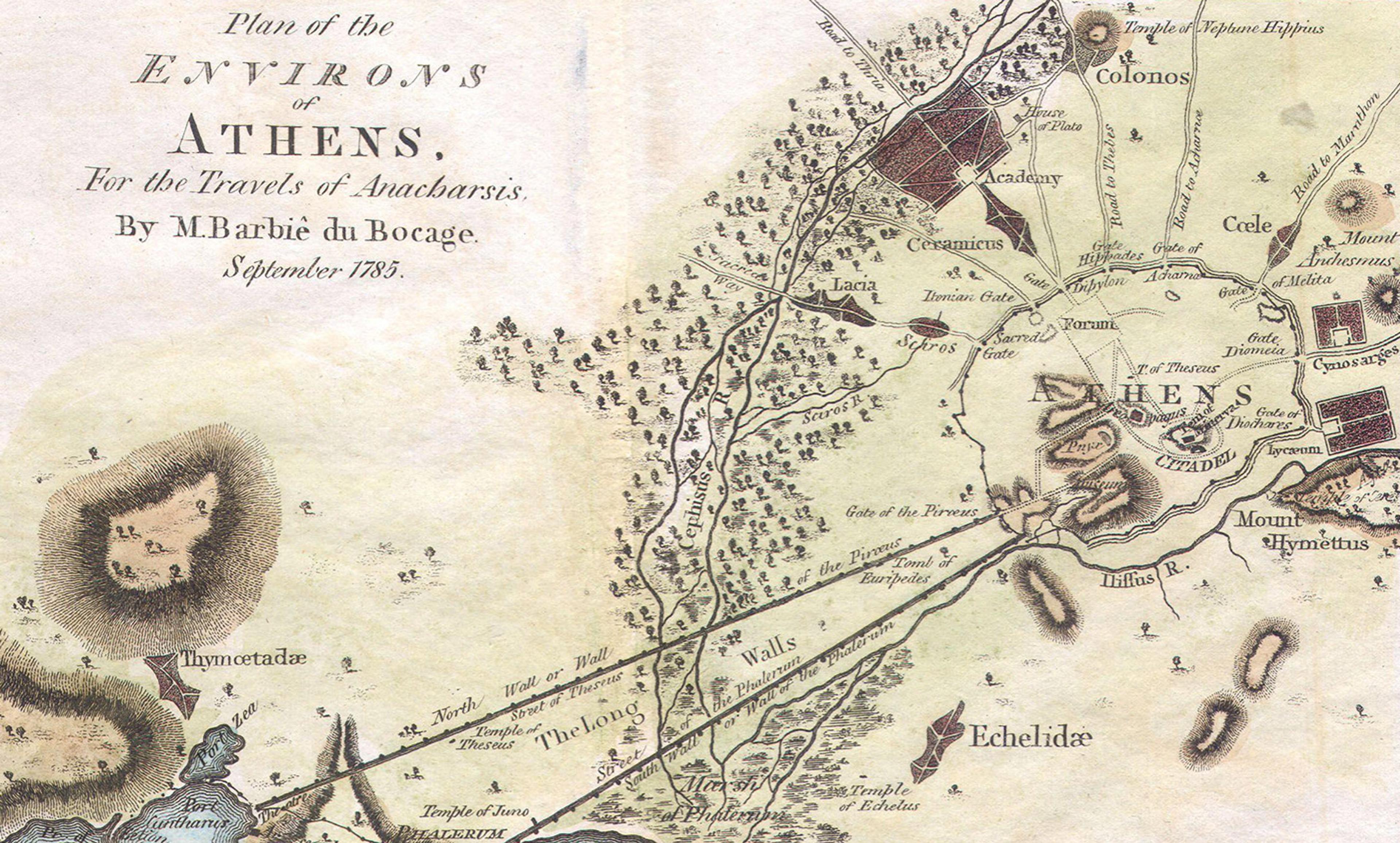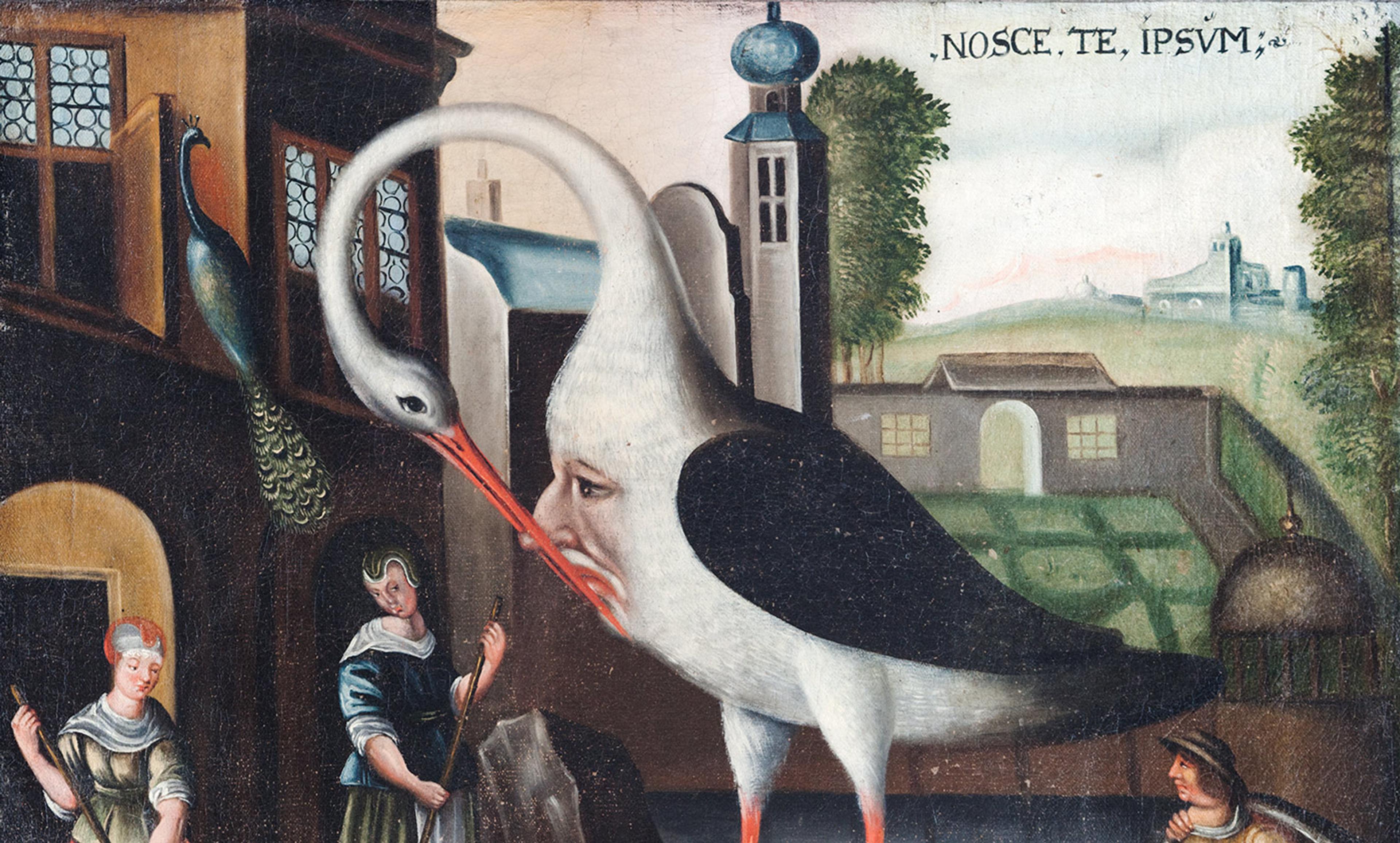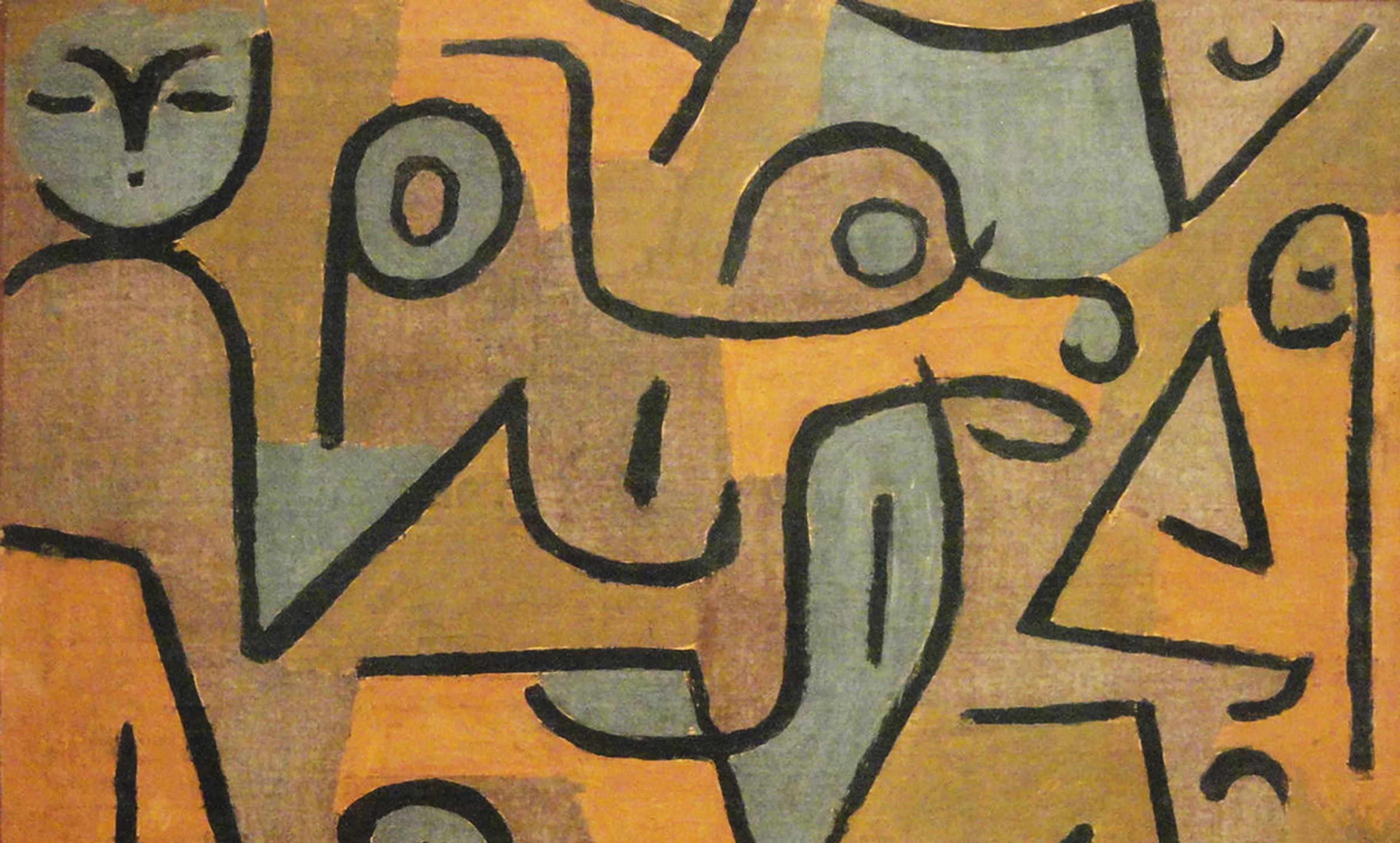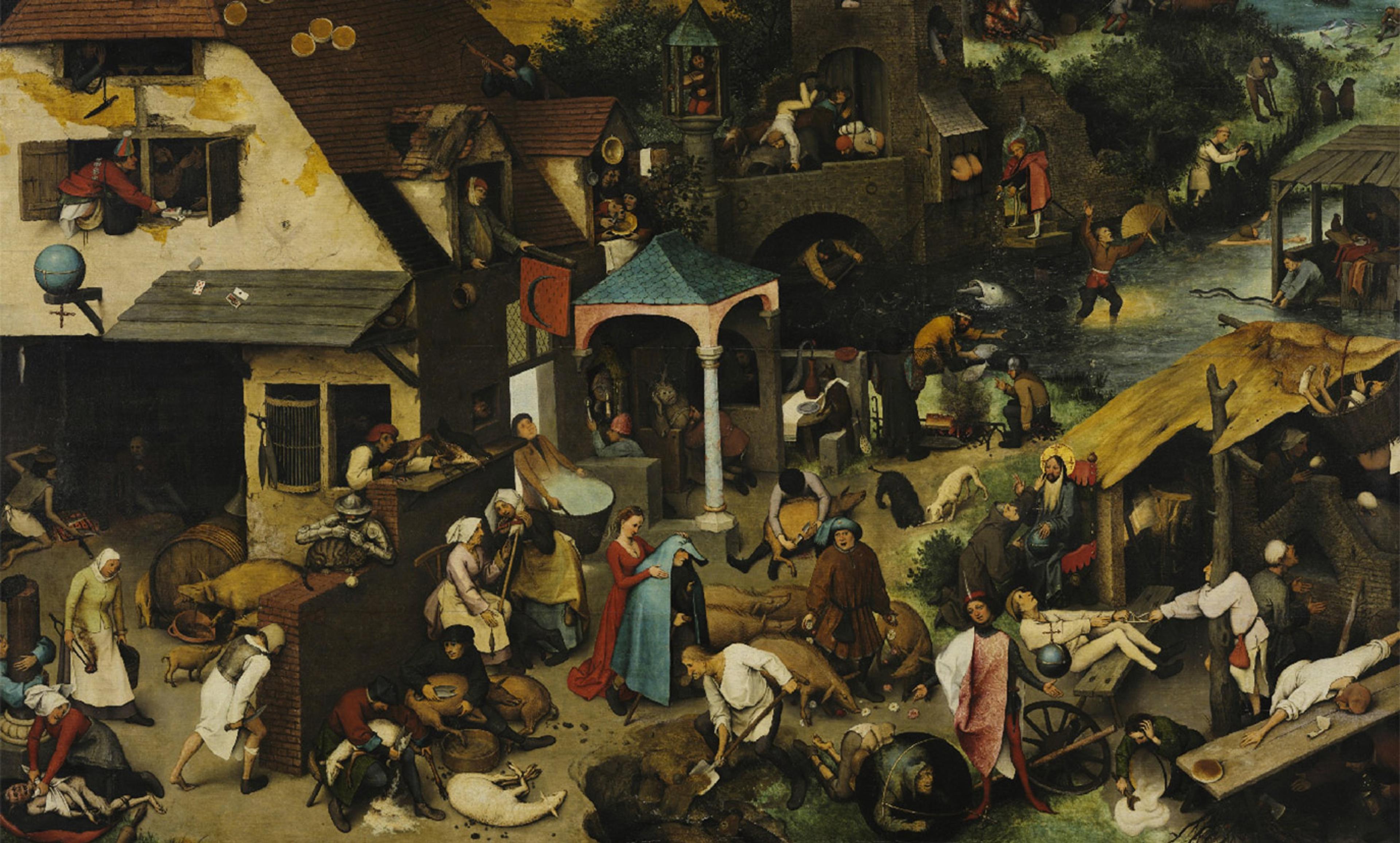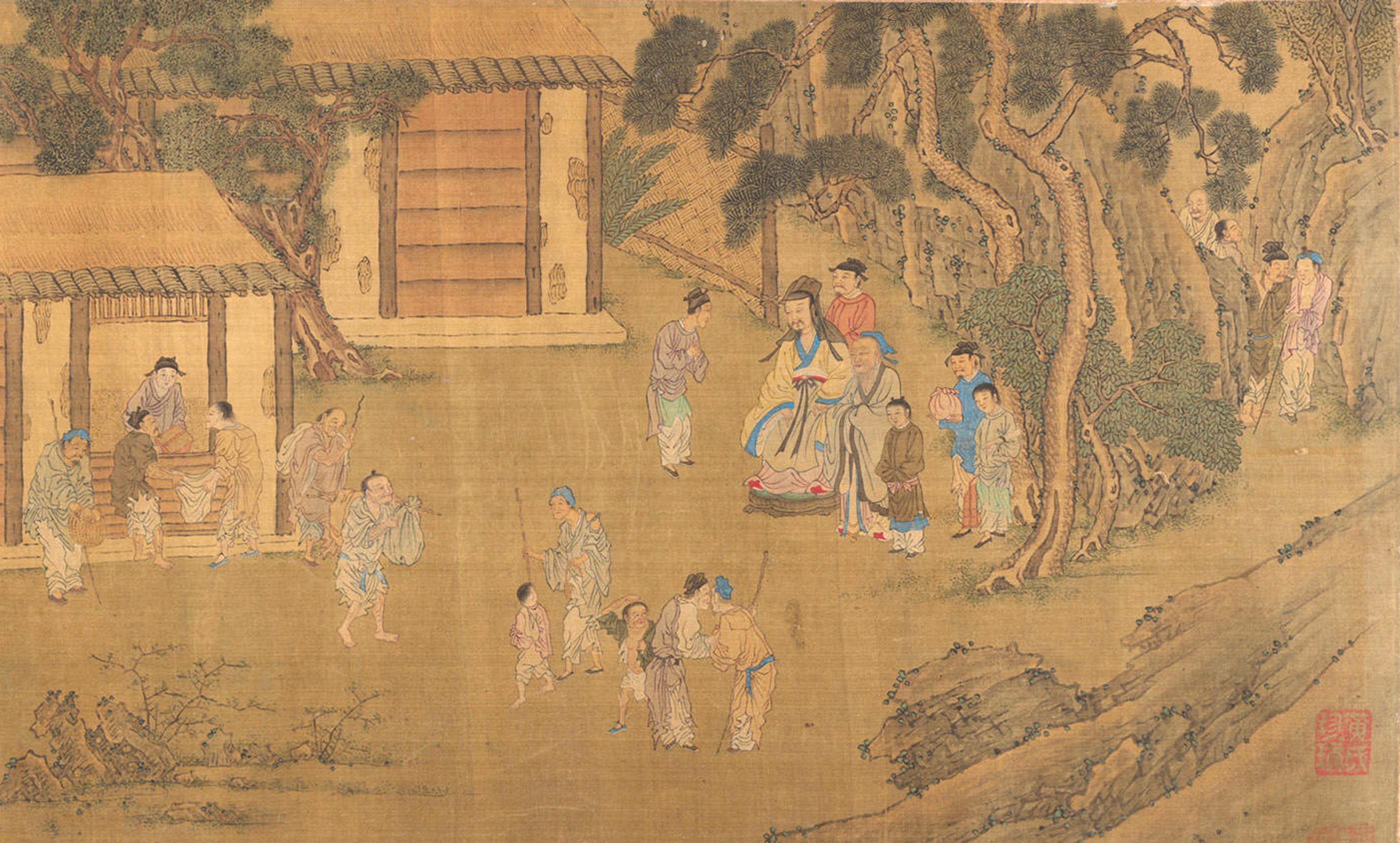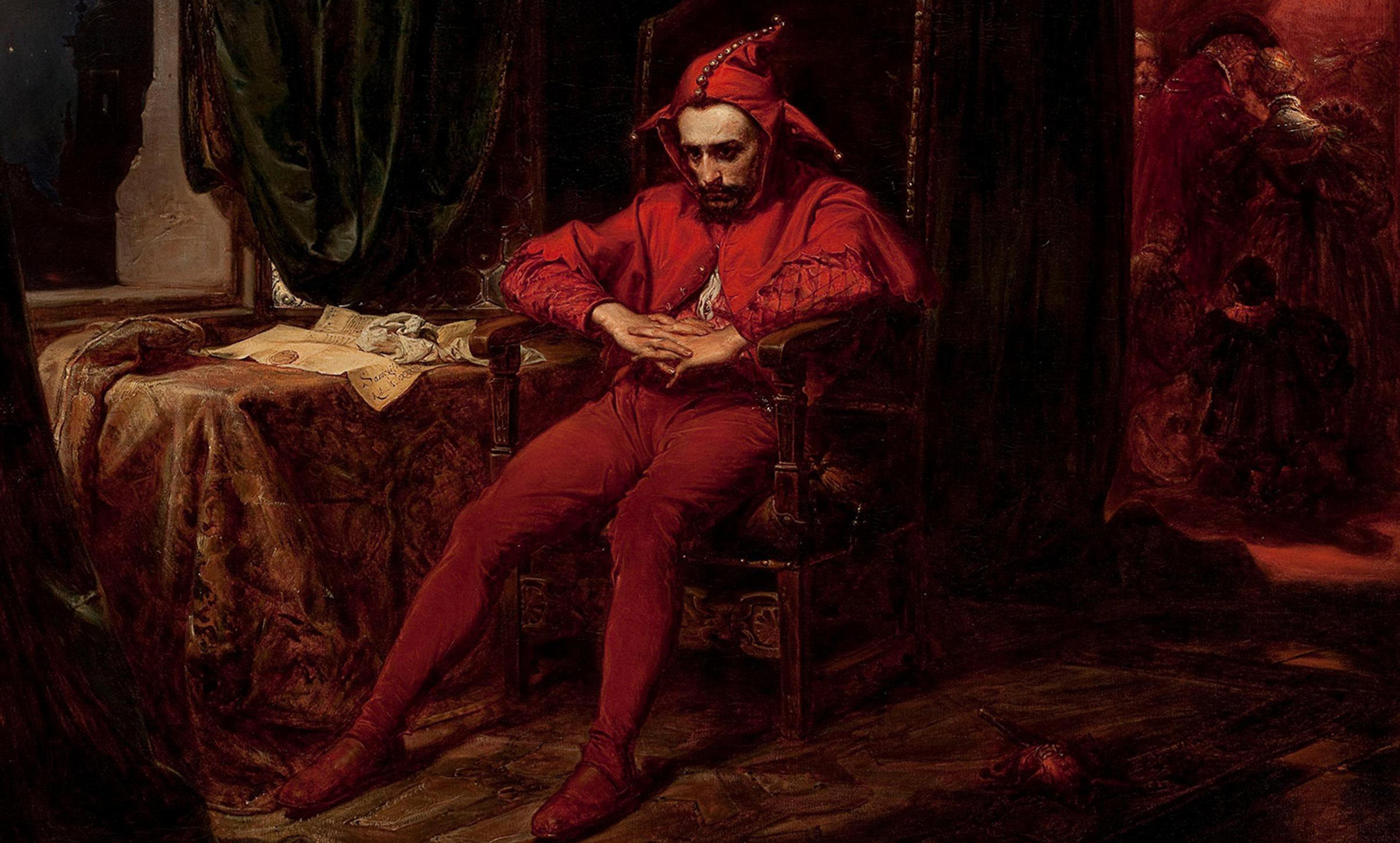Detail from the Bocage map of 1784 depicting Ancient Athens. Photo courtesy Wikipedia
One of the axioms of modern morality is that there is an inevitable tension between altruism and selfishness. The more you focus your attention, energy and resources toward your own benefit, the less ‘of course’ you can do for others. As a result, we all strive to find some balance between these two opposing demands, often ending up far short of our ideal, and feeling guilty about it. (Well, some of us feel guilty, at any rate.)
But what if this is in fact a false dichotomy? What if we adopted a different framework, according to which helping ourselves helps humanity at large, and conversely, helping others helps us as well? This is the basic idea behind cosmopolitanism, literally being a citizen of the world, which originated in Ancient Greece and was further developed in Rome. Turns out, ancient Greco-Roman philosophy still has a thing or two to teach us moderns.
The term ‘cosmopolitan’ was associated with the ancient Cynic philosophers, named after a word that didn’t have the modern connotation at all, but rather indicated a group of radicals devoted to challenging society’s norms by living simply, owning no property or housing. One of the schools of Hellenistic philosophy influenced by the Cynics was that of the much more mainstream Stoics (who lived in actual houses, and some – like the Roman Senator Seneca – were even rich). The Stoics developed the idea of cosmopolitanism into a general philosophy that guided their everyday thoughts and actions. As Epictetus, the slave-turned-philosopher of second-century Rome, put it in Discourses: ‘Do as Socrates did, never replying to the question of where he was from with: “I am Athenian,” or “I am from Corinth,” but always: “I am a citizen of the world.”’ This strikes me as something we ought to remember, internalise, and practise – especially in these times of fear-mongering, xenophobia, Brexit, Trumpism, and nationalistic tribalism.
The Stoic idea was simple and elegant: all humans inhabit the same big city, indeed we are so interconnected and interdependent that we are really an extended family, and we ought to act accordingly, for our own sake. The Stoic philosopher Hierocles came up with the image of a number of concentric circles of concern: at the centre of the smaller, inner circle, is you. Right outside is the circle of your family. Outside that is the one comprising your friends. The next circle over is that of your fellow citizens (ie, in the literal sense of those inhabiting the same city), then that of your countrymen, and finally humanity at large.
A modern philosopher such as Peter Singer talks of expanding the circles, meaning that we should aim at enlarging our concerns to encompass more and more people, thus overcoming our natural selfishness. Hierocles, in contrast, thought that we should aim at contracting the circles, bringing other people closer to us because we realise that they are our own kin. The closer we get them to us, the more the self/other dichotomy dissolves, and the more our interests align with those of our community. Indeed, Hierocles went so far as to instruct his students to address strangers as ‘brothers’ and ‘sisters’ (or, depending on their age, as ‘uncles’ and ‘aunts’), in an early form of cognitive therapy aiming at restructuring the very way we think about others – and consequently the way we act toward them.
In his Meditations, the emperor Marcus Aurelius, also a Stoic, summarised the idea of cosmopolitanism and our duty to others in the form of a logical sequence: ‘If the intellectual part is common to all men, so is reason, in respect of which we are rational beings: if this is so, common also is the reason that commands us what to do, and what not to do; if this is so, there is a common law also; if this is so, we are fellow-citizens; if this is so, we are members of some political community.’
This is what the Stoics captured in one of their fundamental slogans: ‘Live according to nature.’ It doesn’t mean that we should go around naked, hugging trees in the forest, but rather that we should examine human nature and live according to it. And human nature is fundamentally that of a social being capable of reason. (Notice that I said capable of reason, some of us employ such capacity more often or more keenly than others…) It follows that living according to, or in harmony with, nature, means doing our part to use reason to improve society. Whenever we do so, we at the same time make things better for us (because social beings thrive in a functional and just society) as well as for others. Which means that the modern self/other dichotomy is far too simplistic, and in fact misleading, because it artificially pits the interests of the individual against those of society. Of course, there will always be specific cases where we have to choose between the immediate interests of, say, our children and those of strangers. But keeping in mind that in the long run our children will thrive in a flourishing society helps to shift our way of thinking from treating life as a zero-sum game to seeing it as a cooperative one.
Stoic cosmopolitanism should not be taken to imply that the ideal human society resembles a beehive, where individuality is subsumed for the benefit of the group. On the contrary, the Stoics were keen defenders of human freedom and very much valued the independence of individual agents. But they thought that the freedom to pursue our individual goals, to flourish in our own way, is predicated on the existence of a society of similarly free individuals. And such society is possible only if we realise that our collective interests are broadly aligned. We might be from Athens or Corinth (or the United States or Mexico) as an accident of birth, but in a deeper sense we are all members of the same global polis. We would be well advised to start acting like it.
